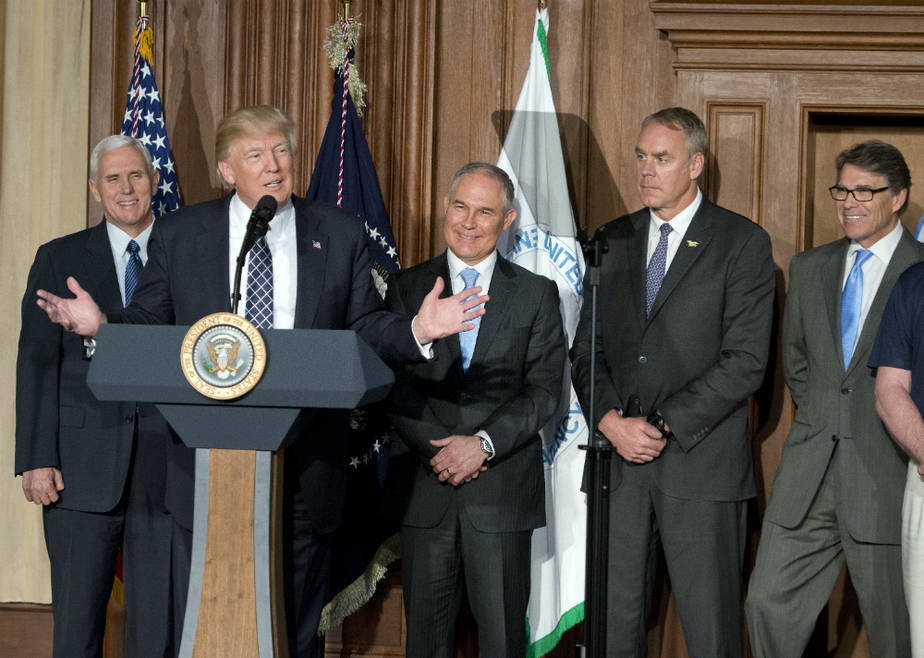The rise of populism surrounding global politics, most notably the American Election of President Trump, has the potential to be harnessed in order to weaken the messages of climate science. In the leadership rhetoric of several major global powers there is a disturbingly dominant discourse of anthropogenic climate change denial. Even when climate change is acknowledged, the measures sanctioned are far from decisive.

Whether dismissing global warming as a hoax, questioning humanity’s role in it, exaggerating the unknowns, playing down the urgency of action, or playing up the costs, President Donald Trump and his team have served up every flavor of climate denial.
Although the arguments varied—as if they were different shades or stages of denial—they all served the same purpose: to create an exaggerated sense of dispute in order to bolster a case against decisive climate action. The latest gambit is to avoid the subject entirely.
In his announcement last week that he would pull the U.S. out of the Paris climate agreement, Trump didn’t bother addressing temperature trends, carbon concentrations, sea level rise, extreme weather or changing wildlife and vegetation patterns, the kinds of climate change information that his administration has also been scrubbing from government websites. He certainly didn’t talk about the 2-degree Celsius goal of the Paris accord or the carbon budget for keeping that goal within reach. Trump didn’t even use the words “climate change.”
In Trump’s retelling, the negotiators of the Paris deal were not grappling with a planetary crisis, but plotting against the United States. “The Paris Accord would undermine our economy, hamstring our workers, weaken our sovereignty, impose unacceptable legal risk and put us at a permanent disadvantage to the other countries of the world,” he said.
Environmental Protection Agency Administrator Scott Pruitt said the question of climate science hadn’t come up during the decision making. “All the discussions we’ve had for the past several weeks have been focused on one singular issue: Is this good or not for the country?” Pruitt said.
To help understand the arguments, this Inside Climate News article contains a guide to what the science says about the five types of climate denial we’ve heard from Trump, his team, and their supporters, and how each served as a stepping stone on the path of a retreat from Paris.
One Response
Mindfulness and Climate Change – Recover Eden
[…] effects of climate change on human lives are impossible to ignore. It affects every element of human living, from physical and mental health to global economic […]